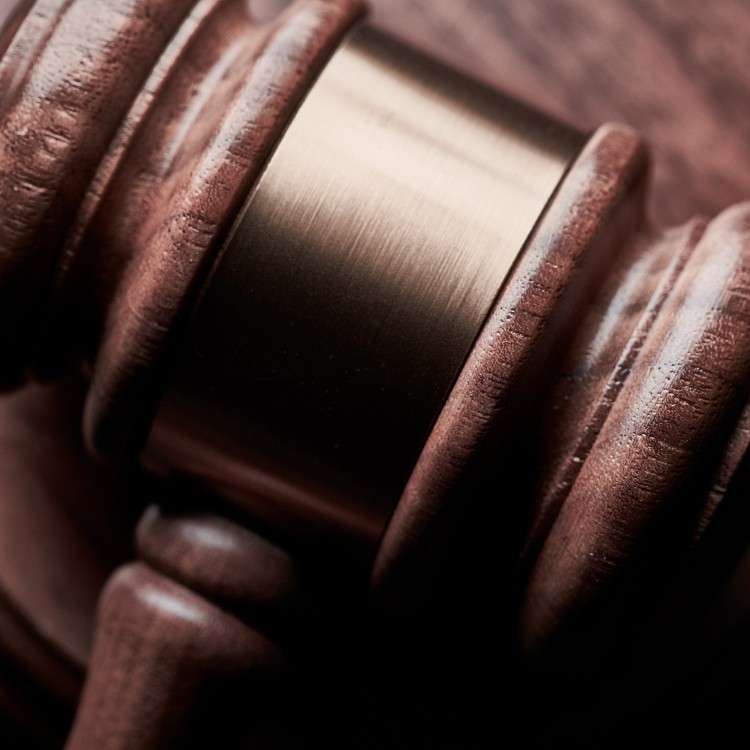
Hypothetical objections cannot justify amendments to a party’s appeal case | T 2599/19
- Since the initial main request, filed for the first time with the statement of grounds of appeal, would not have been admitted under Art. 12(4) RPBA 2007, the objections raised by the Board in the communication annexed to the summons to oral proceedings against this initial main request are of a hypothetical nature and do not establish exceptional circumstances referred to in Art. 13(2) RPBA 2020 which could justify amending the Applicant's appeal case.
Background
On 10 July 2019, the Applicant filed an initial main request together with their statement of grounds of appeal. The Board expressed in a communication pursuant to Art. 15(1) RPBA on 17 November 2020 their intention of not admitting the initial main request under Art. 12(4) RPBA 2007 and Rule 137(3) EPC, arguing that it contained amendments that should already have been submitted during first-instance proceedings.
The Applicant filed further amended claims on 2 February 2022 and submitted a new main and sole request, requesting that the ED’s decision to refuse be set aside and that a patent be granted on the basis of the further amended claims.
The Board decided that the new main request is not taken into account under Art. 13(2) RPBA 2020.
The Board’s reasons for its decision
The Board saw no exceptional circumstances as set out in Art 13(2) RPBA 2020 that justified filing a new main request in response to the Board's summons to oral proceedings. The objections raised in the preliminary opinion related to a set of claims in accordance with the initial main request whose admission into the proceedings had not yet been decided on. In other words, if the main request would not be admitted, no objections would have to be raised against it and as such the preliminary opinion could not serve as a justification for filing the new main request.
The Board held that in fact the initial main request which was only filed with the Grounds of Appeal could and should have been submitted during first-instance proceedings. Having had no discussion on patentability of the initial main request before the ED shifted the discussion on patentability to the appeal proceedings without good reason. According to the Board, shifting the discussion to the appeal proceedings ran counter to procedural efficiency, as well as to the primary object of appeal proceedings to review the decision under appeal in a judicial manner (Art. 12(2) RPBA 2020).The Board concluded that, since the initial main request did not overcome outstanding patentability issues, the request would not have been admitted under Art. 12(4) RPBA 2007. The objections raised against the initial main request were thus hypothetical and did not establish exceptional circumstances referred to in Article 13(2) RPBA 2020. In no case could hypothetical objections serve as a valid justification for submitting remedial amendments.
The Board’s response to Applicant’s arguments
In support of admittance of the new main request, the Applicant argued that the reason for filing the new main request was to overcome the objections raised by the Board in its preliminary opinion.
The Board found this argument not convincing maintaining that the objections related to a set of claims which had not yet been admitted into the proceedings. The objections were thus hypothetical and could not justify submitting amendments under Art. 13(2) RPBA.
Regarding the admittance of the initial main request, the Applicant considered it unnecessary to have to limit the claims further during first-instance proceedings. The Applicant did not consider it reasonable to narrow the scope of protection more than necessary when the ED maintains an incorrect interpretation of a prior art document.
The Board disagreed with the Applicant’s argument; if the Applicant was convinced that their assertions made during first-instance proceedings were correct, there was de facto no reason to amend the set of claims upon filing the appeal instead of maintaining the claims unchanged. Furthermore, the ED’s objections were known to the Applicant who therefore had had the opportunity to make any desired amendment during first-instance proceedings.
The Applicant further argued that the ED had issued summons to oral proceedings after just a single office action and regularly changed its mind concerning the objections raised. This course of action of the ED had thereby prevented the Applicant from properly defending its case and filing adequate amendments.
The Board did not accept this line of argument either, as summoning to oral proceedings after a single office action is allowed according to the Guidelines and unjustified changes of mind of the ED could not be identified. Changes of the ED’s objections were rather due to amendments of the claims.
Decision of the Board
The Board decided to not take the main and sole request into account and to dismiss the Appeal.
Summary written by the NLO EPO Case Law Team







